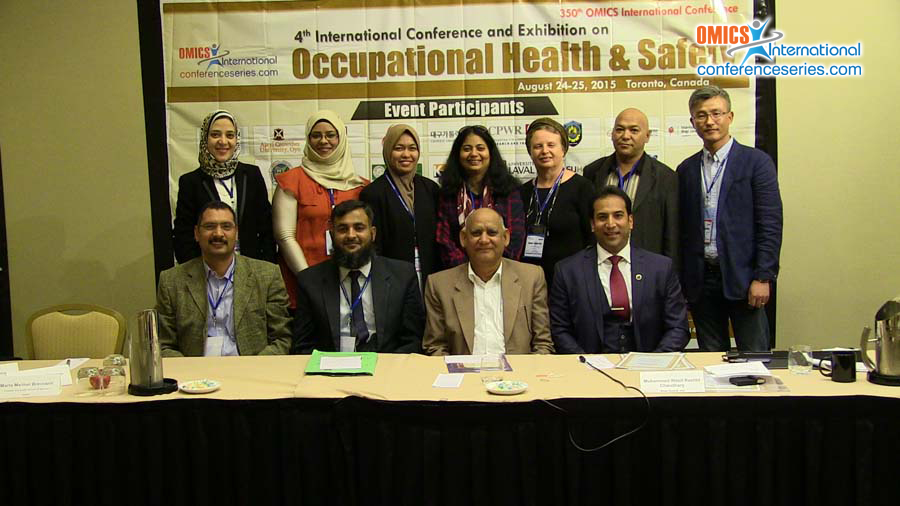Bilal Munir Ahmed
King Edward Medical University, Pakistan
Title: Dengue epidemic, public health awareness and its impact on control: A success story from Pakistan
Biography
Biography: Bilal Munir Ahmed
Abstract
Dengue Fever (DF) is a mosquito borne viral infection, caused by four distinct serotypes (DENV1-4) of Dengue virus. More than 2.5 billion people in over 112 countries are now at risk. Pakistan is facing major calamity in 2nd decade of 21st century after the terrorism, earthquakes and floods. In Pakistan, Dengue Fever was first reported in 1994, 2006 and 2008 but a fulminating massive epidemic occurred in 2011 in Lahore, the capital of densely populated province Punjab. From 2009 to 2015, a total of 31,418 cases had been confirmed with overall Case Fatality Rate (CFR) of 1.2%. Year wise distribution of 31,418 cases and case fatality rate was 71(0%), 5690(0.14%), 21292(1.65%), 258(0.38%), 2661(0.67%), 1441(0.06%) and 07(0%) in year 2009, 2010, 2011,2012,2013,2014 and 2015 respectively. The gender wise distribution for male and female was 68% and 32% respectively. The exemplary Lahore model approach by adopting interprovincial and inter sectorial coordination at all levels is the key of the success. Public Health awareness remained the center of focus. Special roles were assigned to line departments for disease surveillance and vector free environment was maintained. The public representatives like members of provincial and national legislative assembly were assigned special tasks in their areas to engage the public for eradication of dengue from their environment. The public, students and civil society at large conducted dengue awareness seminars and walks in all districts and were monitored on daily basis. Fogging/Spray in all districts and transports was done and monitored. Strong political will and active participation enforced the public to kick out the dengue from their offices or residences. Dengue epidemic Control is result of public health awareness and its implementation in true spirits.





